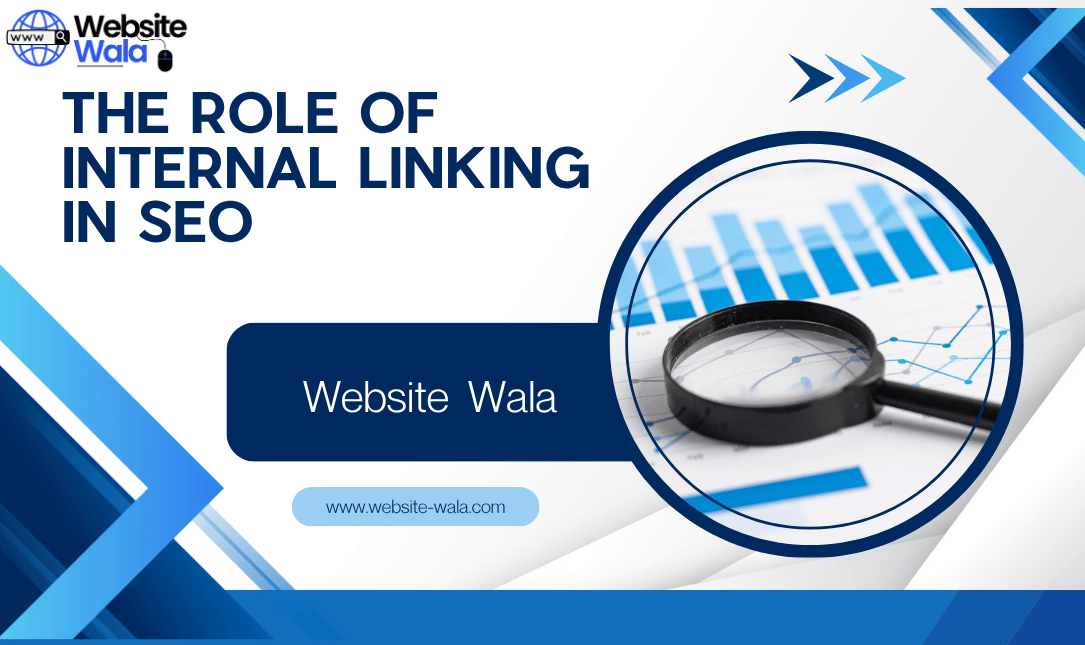
Learn How to Monitor and Improve Your Website’s SEO Performance with actionable tips to measure, enhance, and boost organic traffic and rankings.
Introduction
In today’s competitive digital landscape, understanding How to Monitor and Improve Your Website’s SEO Performance is essential for online success. Whether you run a blog, e-commerce store, or business website, your SEO performance determines how visible you are in search results and how effectively you attract organic traffic. This comprehensive guide will walk you through actionable tips and proven strategies to monitor, measure, and enhance your SEO efforts for long-term success.
Why Monitoring Your SEO Performance Matters
Monitoring your website’s SEO performance helps you understand how well your site is optimized for both search engines and users. When you regularly monitor your SEO metrics, you can identify what’s working, what needs improvement, and where to focus your resources.
A strong SEO strategy doesn’t end with keyword optimization—it requires continuous measurement and analysis. Knowing How to Monitor and Improve Your Website’s SEO Performance empowers you to stay ahead of competitors, maintain higher ranking positions, and consistently boost organic traffic.
Step 1: Measure Key SEO Metrics
To master How to Monitor and Improve Your Website’s SEO Performance, start by measuring essential SEO metrics. The right data provides insights into your website’s health and helps guide optimization decisions.
1.1 Organic Traffic
Organic traffic is the foundation of SEO success. Use tools like Google Analytics and Google Search Console to track the number of visitors coming from search results. Analyze which keywords drive the most traffic and focus on expanding those opportunities.
1.2 Keyword Rankings
Track your keyword ranking positions using SEO platforms such as Ahrefs, SEMrush, or Moz. Monitoring these positions helps you evaluate your optimization efforts and determine whether your keyword strategy aligns with user intent.
1.3 Bounce Rate and Dwell Time
User behavior metrics like bounce rate and dwell time reflect user experience quality. A high bounce rate might indicate that visitors aren’t finding relevant content, while longer dwell times often signal valuable and engaging information.
1.4 Backlinks and Domain Authority
Backlinks remain a crucial signal for SEO performance. Measure the number and quality of inbound links to your website, as they contribute to credibility and online visibility. Tools like Ahrefs or Majestic can help you analyze link profiles and identify opportunities for improvement.
Step 2: Use SEO Tools to Monitor Performance
Knowing How to Monitor and Improve Your Website’s SEO Performance also means leveraging the right tools. Modern SEO software automates data collection, saving time and improving accuracy.
2.1 Google Analytics and Google Search Console
These free tools provide valuable insights into your website’s performance. Google Analytics tracks user behavior, while Search Console reports on search queries, impressions, and click-through rates.
2.2 SEO Audit Tools
Use auditing platforms like Screaming Frog, Sitebulb, or SEOptimer to detect technical SEO issues. Regular audits help identify broken links, duplicate content, and slow page speeds that may affect ranking and user experience.
2.3 Keyword Tracking Software
SEO tracking tools like SEMrush and Ahrefs allow you to monitor keyword positions daily. You can measure improvements, detect ranking drops, and identify opportunities to enhance your strategy.
Step 3: Analyze User Experience
A positive user experience directly affects your SEO performance. Google’s algorithms prioritize websites that load quickly, are mobile-friendly, and provide valuable content.
3.1 Page Speed Optimization
A fast-loading website not only improves user experience but also contributes to better search results. Use Google PageSpeed Insights or GTmetrix to evaluate your loading times and implement the suggested fixes.
3.2 Mobile-Friendliness
With most organic traffic coming from mobile devices, your website must be responsive. Test your site’s mobile usability with Google’s Mobile-Friendly Test to ensure optimal performance.
3.3 Content Quality and Readability
High-quality, engaging content keeps users on your site longer, which can improve SEO performance. Use tools like Yoast SEO or Hemingway Editor to refine readability and maintain consistent keyword usage.
Step 4: Improve Your Website’s SEO Performance
Understanding How to Monitor and Improve Your Website’s SEO Performance is only the first step—the next is continuous improvement. Once you’ve analyzed data and identified weak areas, implement these actionable tips to enhance results.
4.1 Optimize On-Page Elements
-
Include primary and secondary keywords naturally in titles, headings, and meta descriptions.
-
Use internal linking to connect related pages and improve crawlability.
-
Optimize images with descriptive alt text to improve accessibility and SEO.
4.2 Strengthen Off-Page SEO
Building high-quality backlinks remains one of the best ways to improve your website’s SEO performance. Guest posting, influencer outreach, and digital PR campaigns can help you gain authority and enhance online visibility.
4.3 Focus on Technical SEO
Ensure your website is technically sound by improving page speed, fixing broken links, and implementing structured data. A technically optimized site ensures smoother crawling and indexing by search engines.
4.4 Update and Refresh Content
Search engines favor fresh, updated content. Revisit older posts, add new insights, and refresh outdated data to maintain relevance and boost ranking potential.
Step 5: Regularly Review and Adjust
The key to mastering How to Monitor and Improve Your Website’s SEO Performance lies in consistency. SEO is not a one-time effort—it’s a continuous cycle of analysis, improvement, and adaptation.
5.1 Set Monthly or Quarterly Reviews
Establish regular review periods to measure progress. Compare results against previous data to see if your optimization efforts are yielding positive outcomes.
5.2 Adapt to Algorithm Updates
Search engines frequently update their algorithms, affecting how websites rank in search results. Stay informed about changes and adjust your strategy accordingly to maintain strong SEO performance.
5.3 Benchmark Against Competitors
Compare your website’s performance with competitors in your niche. Analyze their keyword strategies, backlink profiles, and content to uncover opportunities for improvement.
Conclusion
Mastering How to Monitor and Improve Your Website’s SEO Performance requires a balance of data-driven decisions, consistent monitoring, and continuous enhancement. By tracking essential SEO metrics, analyzing user experience, and implementing strategic improvements, you can significantly boost organic traffic, ranking, and online visibility.
Remember, SEO success doesn’t happen overnight. With patience, persistence, and these actionable tips, your website can achieve sustainable growth and maintain a competitive edge in search results.























